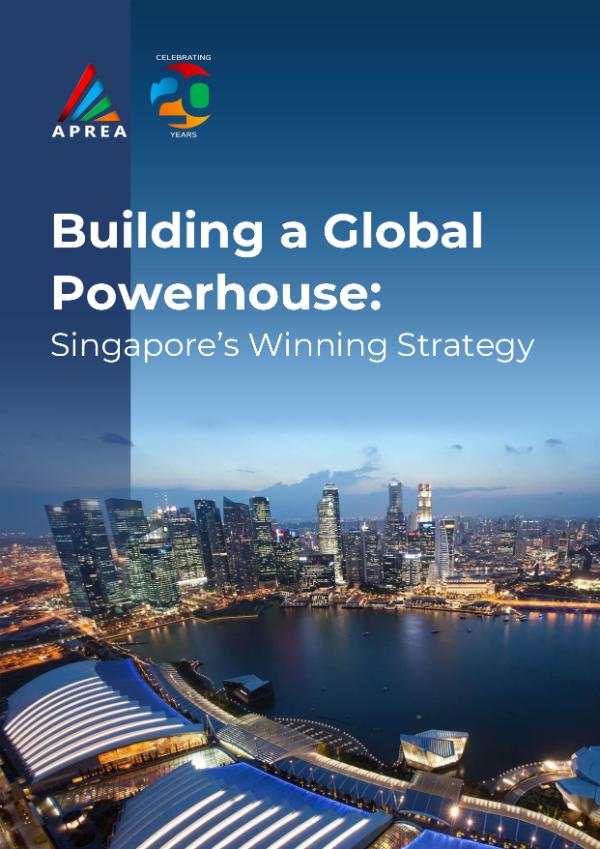CBRE’s latest Asia Pacific Leasing Market Sentiment Index reveals that overall leasing sentiment improved in Q1 2025, driven by a rise in office and retail demand:
Singapore is strengthening its position as a global capital market by leveraging its strategic location, regulatory incentives, and focus on emerging asset classes such as REITs, data centers, and logistics.
With the Monetary Authority of Singapore's recent SGD 5 billion investment program and streamlined listing regulations, the city-state is enhancing liquidity and attracting more regional and international players. As de-globalization and geopolitical tensions shift capital flows, Singapore’s emphasis on innovation and diversification ensures its continued relevance in the global economy.
